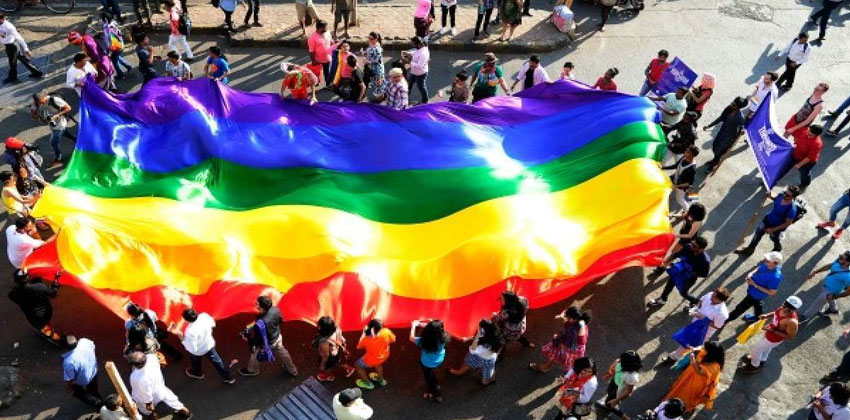Being gay is no more a crime in India: Section 377 Verdict

In a historic verdict, the Supreme Court today scrapped Section 377 of the IPC, decriminalising the 158-year-old colonial law which criminalises consensual gay sex. Five judge bench headed by Chief Justice of India Dipak Misra delivered the verdict today.
The judges have come out with a concurring judgment. Four judges, CJI Dipak Misra, Justices RF Nariman, DY Chandrachud and Indu Malhotra, have authored separate judgments while Justice Khanwilakar has chosen to concur with Misra.
Upholding the rights of LGBTQ community, CJI Dipak Misra said autonomy, intimacy and identity of an individual are to be protected. Misra said that the LGBTQ community has the same fundamental rights as any other citizen.
Section 377 refers to ‘unnatural offences’ and says whoever voluntarily has “carnal intercourse against the order of nature with any man, woman or animal”, shall be punished by up to 10 years in jail under the 1861 law. Although prosecution under Section 377 is not common, gay activists say the police use the law to harass and intimidate members of their community.
In earlier hearings, the court had said “no one should have to live in fear because of their sexuality”. The Supreme Court began hearing petitions against the ban in July, beginning an emotional debate over the right to freedom and privacy. While hearing the case, the judges have made observations that have largely given hope to the gay community.



